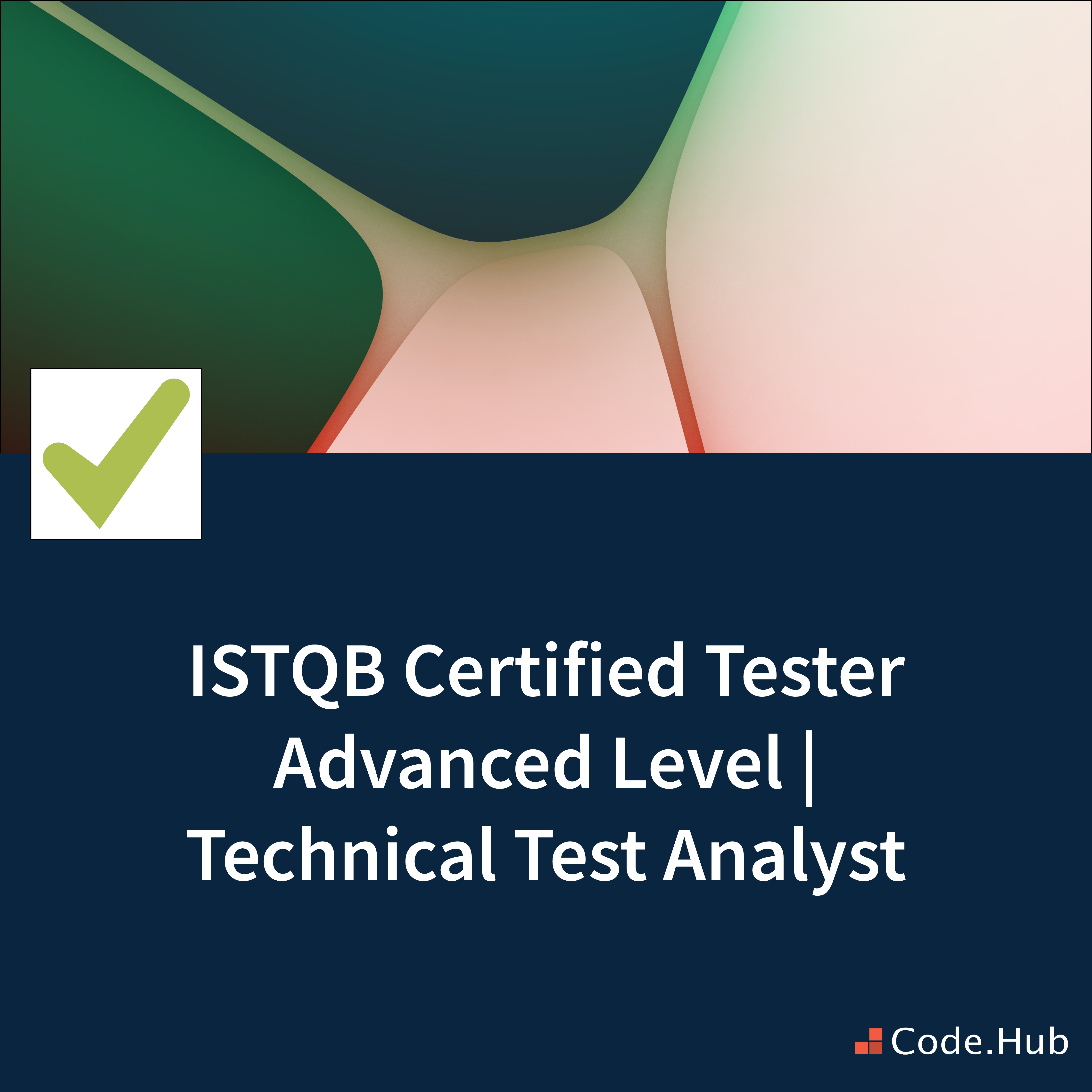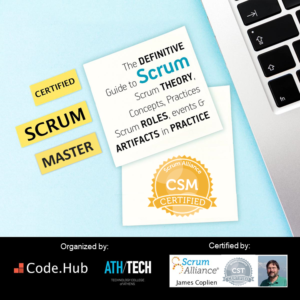
ISTQB Certified Tester Advanced Level | Technical Test Analyst
Description
Although agile methodology recognizes the value of all phases of software development life-cycle, only a limited investment in further establishment and consolidation of agile-oriented software testing has been attained, with the immediate risk to undermine another crucial aspect, quality assurance. Software testing is a neuralgic pillar in the software-development cycle that cannot be ignored. As a software engineer, it is more than imperative to understand the value of agile software testing and to consider it as equally important as software development.
The Code.Learn ISTQB Certified Tester Advanced Level | Technical Test Analyst Preparation program, certified by Athens Tech College, provides all knowledge required, both theoretical and practical, to quickly prepare and attain the Certified Tester Advanced Level Technical Test Analyst (CTAL-TTA) certification through to-the-point presentations, exercises, and mock exams with analysis of the key points where special attention is needed by the candidates.
Key Objectives
- Design and implement and maintain test automation frameworks
- Experience in risk testing, structured-based testing and security testing
- Reviewing methodologies and strategies
- Preparation for the Technical Test Analyst exam (CTAL-TTA)
Target Audience
- Experienced Software Test Engineers
- Test Managers
- Project Managers
- Quality Managers,
- Software Development Managers,
- Business Analysts,
- IT Directors,
- Management Consultants
- or any other relevant area
Prerequisite Knowledge
No prerequisite knowledge is required.
Classroom
Sessions can be carried out:
- Live instructor-led in a physical classroom at the Code.Hub Training Center
- Live instructor-led online via our virtual classroom ecosystem
- Using a Hybrid combination of both live physical and online approaches
The teaching method will depend on the conditions at the time of the training conduction, as well as the participants’ preferences.





